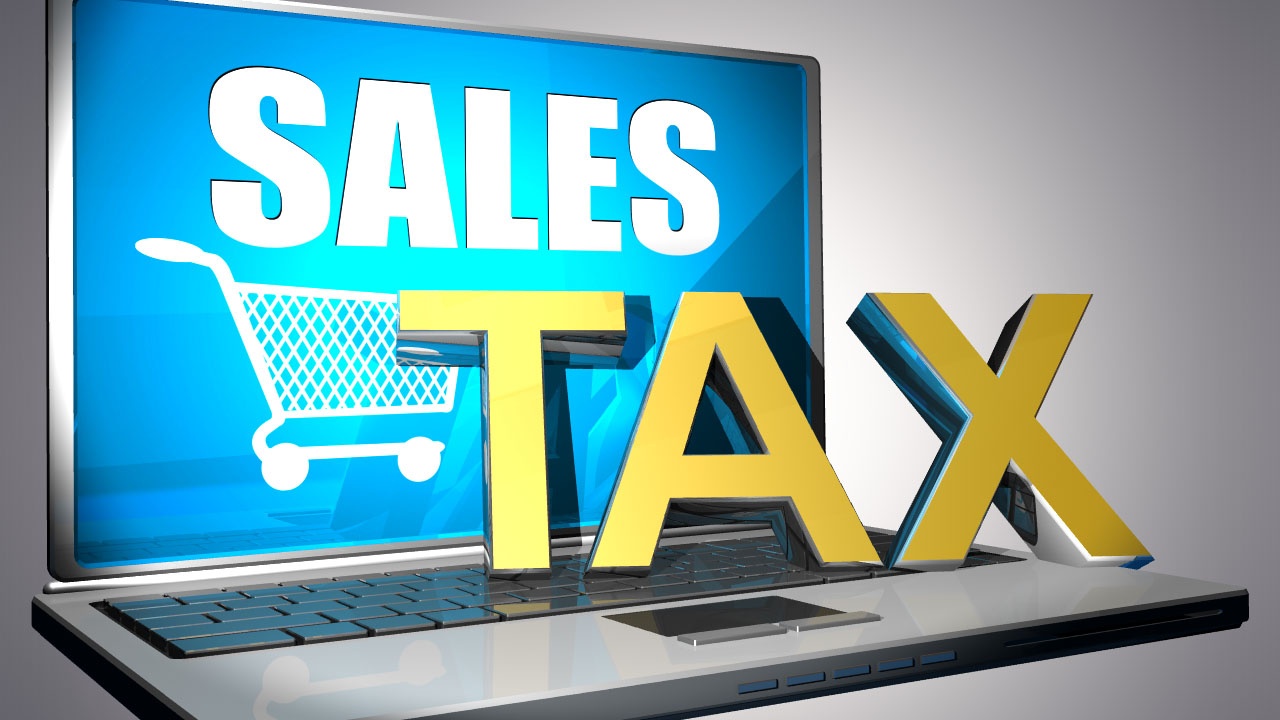If your small business clients are trying to figure out how to deal with sales tax, there is a lot of alphabet soup to learn. Here’s one more: SST, which stands for Streamlined Sales Tax. This program can offer valuable sales-tax collection resources for your business, but it’s important to evaluate whether it might right for you.
The Streamlined Sales and Use Tax Agreement (SSUTA or SST) is an agreement among 24 states and Washington, D.C. that aims to simplify the sales tax process and encourage online sellers to voluntarily collect sales tax for states. Businesses can voluntarily register with the SST to enjoy certain benefits across SST member states.
States that are members of the SST have agreed to use standardized forms, simplified filing and payment processes and uniform taxability definitions. Businesses can register and update sales tax information for all member states at one time in one place, and registered businesses also have access to electronic filing, reduced filing fees and, if qualified, certified tax decision software.
In addition to Washington, D.C., SST member states include Arkansas, Georgia, Indiana, Iowa, Kansas, Kentucky, Michigan, Minnesota, Nebraska, Nevada, New Jersey, North Carolina, North Dakota, Ohio, Oklahoma, Rhode Island, South Dakota, Utah, Vermont, Washington, West Virginia, Wisconsin and Wyoming.
Tennessee is an associate state, which means it has fulfilled some of the SST requirements. Businesses that register with the SST can choose whether or not to register in associate states.
Benefits for small businesses
For small businesses with limited resources, registering for the SST can either make life easier for you or create more complexity than you want to deal with. If you are collecting tax in several SST member states, or you anticipate that you will be doing so in the future due to growth, SST registration may benefit you.
- You will only have to register once for all SST member states.
- Any information you update will apply to all member states.
- You will only have to keep track of one identification number to file and pay taxes in member states.
- You can use certified sales tax administration software to automatically take care of calculation and filing for you, which may be subsidized by states in some cases.
- Filing forms and exemption certificates are standardized across SST member states so that you don’t have to use different forms for each state.
- Depending on what you sell, uniform taxability definitions could be a benefit for you.
Creating complications
However, if you are not currently collecting sales tax in any of the SST member states, or only in a few, registering in the SST could cause unnecessary work for you. Once you register with the SST, you are registered for all member states, whether or not you actually do business there. You can’t pick and choose, but must follow the sales tax rules for registered businesses in each state.
Looking ahead to future legislation
Two major pieces of national sales tax legislation currently in the works are tied to the SST. The newly revised Marketplace Fairness Act of 2015, similar to a 2013 proposal, would broaden states’ authority to require remote sellers to collect sales tax, regardless of whether that business has a physical presence in those states. The legislation would only impact those out-of-state or remote sellers that have more than $1 million in gross annual sales, are not currently collecting sales tax, and are selling into states that are SST members or have instituted tax code streamlining efforts.
The Remote Transactions Parity Act of 2015 bill is similar to the MFA in that it would allow states that are SST members or have implemented simplification requirements to require remote sellers to collect and remit sales tax.
If either of these laws were to pass, sellers already registered with the SST would be a step ahead in complying with the new rules in those states. Businesses that are not currently collecting sales tax in the SST states may have to scramble to catch up if the laws pass.
Technology and the SST
One of the ways the SST is trying to make sales tax collection more palatable to businesses is through technological solutions. The SST offers registered businesses access to software that automatically calculates sales tax on transactions. These Certified Service Providers meet rigorous standards set by the SST.
Businesses that use a CSP are immune from audit liability for sales tax transactions managed by the software, and the cost of the software can be subsidized by the states for businesses that do not have nexus in a state but are “volunteering” to collect sales tax. Both of these features can be an advantage, especially for small businesses with limited resources and budget.
Thanks for reading CPA Practice Advisor!
Subscribe Already registered? Log In
Need more information? Read the FAQs





